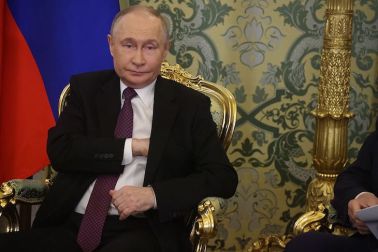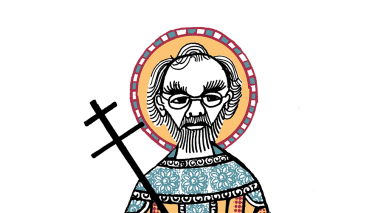Malcolm Lowry liked to quote the Spanish philosopher, Ortega y Gasset, who saw Man’s life as a sort of novel, made up as you go along. Certainly there are times when life aspires to the condition of fiction. The story of Peter Mandelson, George Osborne, Nat Rothschild and the Russian oligarch might have been written by several novelists. Somerset Maugham, for instance, would have told it straight, dead-pan, through his favourite disillusioned, mildly cynical, narrator — old Mr Maugham himself, scarcely disguised — and would have presented it as an example of human folly. His focus would have been on Osborne, depicted as a callow young man of dangerous sincerity.
However, as the story unfolded in the newspapers — Osborne’s account of the conversation with Mandelson in the Greek taverna, Rothschild’s letter to the Times, the revelations of Mandelson’s previous dealings with the oligarch — it seemed as if we were reading an episode from Simon Raven’s Alms for Oblivion series. It had the familiar gamey Raven ingredients: betrayal of confidences, the desire for revenge, unfaithful friends. Money floated in the air, forever just out of reach of the English public-school product eager to get his hands on it. Only a sexual element was lacking, but Raven would have supplied it. Perhaps the Mandelson figure had taken a fancy to the youthful Osborne one as an undergraduate, charmed him, seduced him, and then abruptly dropped him? Something like that. Meanwhile the Rothschild character might himself be a discarded lover of the Tory politician and now besotted with the Labour one. There ought to be a Greek boy somewhere, but I don’t quite see where he is to be fitted in.
Then, though the Osborne character’s disclosure of Mandelson’s confidences should be provoked by pique and injured vanity, the set-up in a Raven novel would have been devised in order to discredit Osborne and the Tory party.








Comments
Join the debate for just £1 a month
Be part of the conversation with other Spectator readers by getting your first three months for £3.
UNLOCK ACCESS Just £1 a monthAlready a subscriber? Log in